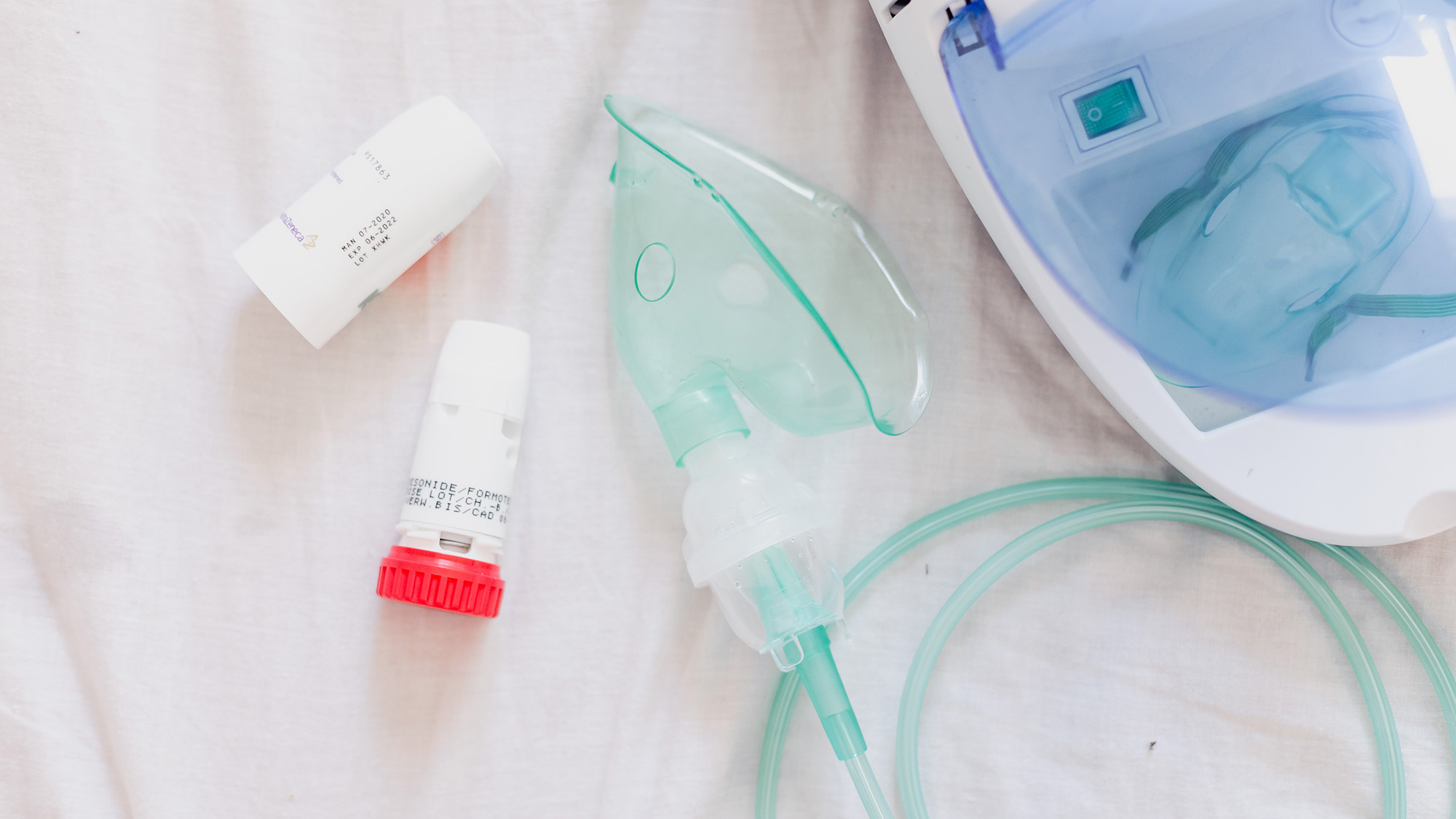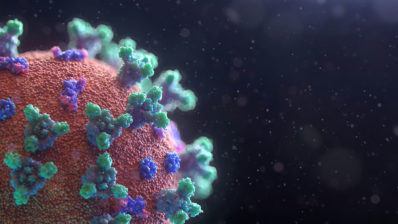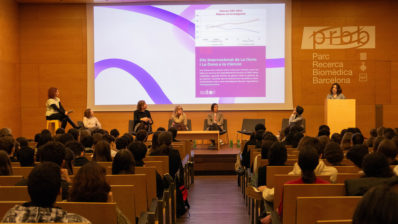Antibiotic resistance is leading to the revival of some older antibiotics, such as colistin, for the treatment of diseases caused by multi-resistant bacteria that no longer respond to standard treatments.
A team of researchers from the Hospital del Mar Research Institute studied the response to colistin in 75 patients admitted to the hospital between 2010 and 2018 with pneumonia caused by Pseudomonas aeruginosa. Their study shows that, unlike with other antibiotics, a higher dose does not mean a better response to treatment. In fact, high doses of colistin can cause kidney damage and increase patient mortality. “The threshold between being effective and being toxic is very narrow, it is a drug that demands very careful management”, explains Dr Lluïsa Sorlí, from the Infectious Pathology and Antimicrobial Research Group and lead author of the study.
“The threshold between being effective and being toxic is very narrow, it is a drug that demands very careful management”
Lluïsa Sorlí (Hospital del Mar Research Institute)
To avoid kidney damage, the researchers propose administering the drug by nebulisation. Patients inhale the drug in gaseous form, so it acts in the lungs and does not reach the kidneys via the bloodstream. This new approach optimises the use of colistin and therefore also helps to prevent new resistances from developing.
The study also involved teams from CIBER Infectious Diseases (CIBERINFEC), Monash University in Melbourne, Australia, and the Reference Laboratory of Catalonia.
Sorlí L, Luque S, Li J, Benítez-Cano A, Fernández X, Prim N, Vega V, Gómez-Junyent J, López-Montesinos I, Gómez-Zorrilla S, Montero MM, Grau S, Horcajada JP. Colistin plasma concentrations are not associated with better clinical outcomes in patients with pneumonia caused by extremely drug-resistant Pseudomonas aeruginosa. Microbiol Spectr. 2023 Nov 9:e0296723. doi: 10.1128/spectrum.02967-23. Epub ahead of print. PMID: 37943035.







